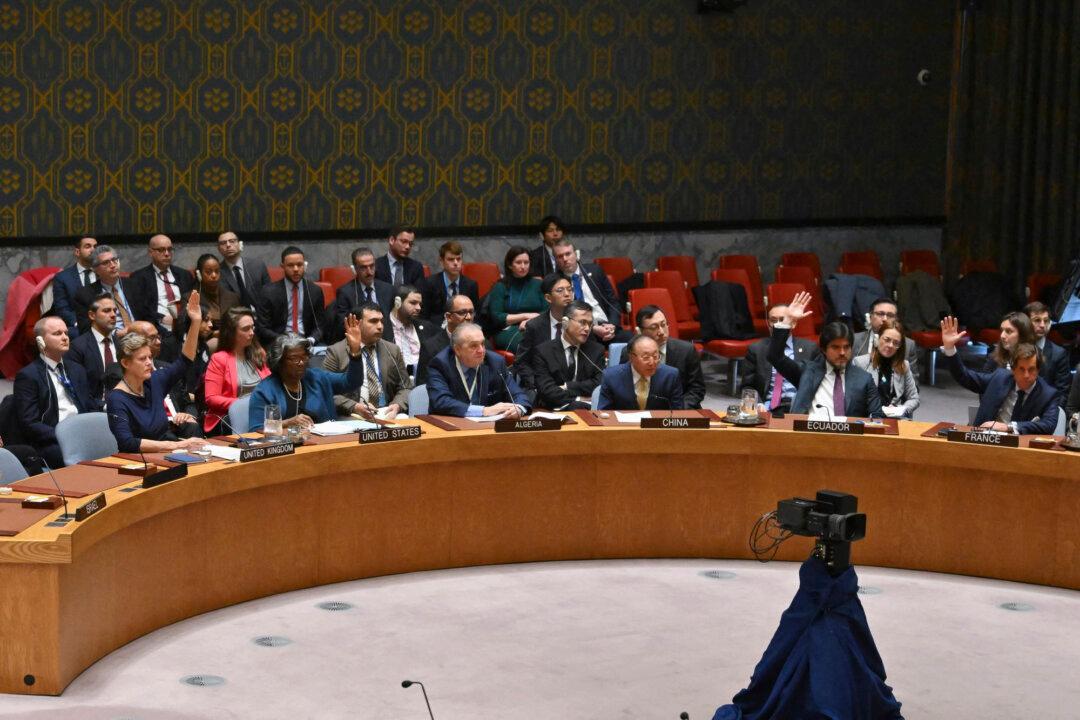Russia has “undermined international peace and security” by vetoing a United Nations Security Council (UNSC) resolution that sought to extend the mandate of a panel of experts responsible for monitoring and reporting on sanctions imposed on North Korea, the Biden administration has said.
The comments from Washington followed a vote on the resolution, introduced by the United States, on March 28.




